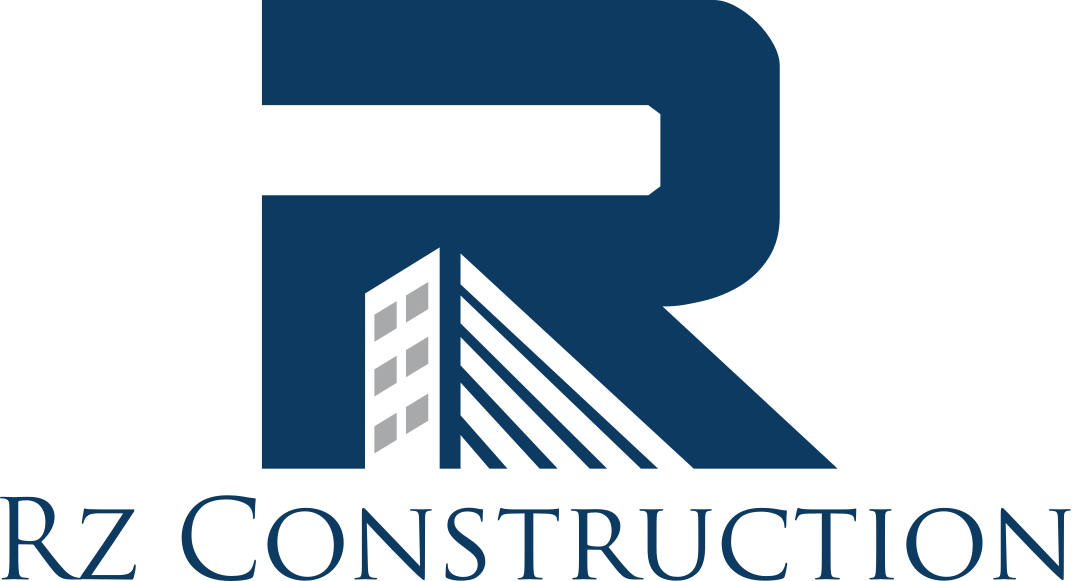Embarking on a construction project can be both exciting and daunting. Whether building a new home, renovating a kitchen, or adding an extension, effective collaboration with your construction contractor is crucial for a successful outcome. Here’s a detailed guide on collaborating effectively with your new construction contractor.
1. Clearly Define Your Goals and Expectations
Outline Your Vision
Before searching for a contractor, have a clear vision of what you want, which includes design ideas, specific features, and overall functionality. The more detailed you are, the easier it will be for your contractor to understand your goals.
Set Realistic Expectations
Discuss timelines, budget constraints, and any potential obstacles with your contractor. Establishing realistic expectations early on helps prevent misunderstandings and ensures that both parties are on the same page.
2. Choose the Right Contractor
Do Your Research
Look for contractors with a solid reputation and extensive experience in the type of project you’re undertaking. Check online reviews, ask for references, and look at their portfolio of previous work.
Conduct Interviews
Interview multiple contractors to find one with the necessary skills to communicate well and understand your vision. Ask about their approach to problem-solving, their team, and their process.
3. Establish a Clear Communication Plan
Regular Meetings
Schedule regular meetings to discuss progress, address concerns, and make decisions. These meetings ensure that you and your contractor are aligned and that the project stays on track.
Preferred Communication Channels
Determine the best way to communicate—whether it’s via email, phone calls, or in-person meetings. Consistent and clear communication is key to a smooth collaboration.
4. Create a Detailed Contract
Scope of Work
Ensure that the contract outlines the work scope in detail, including materials, labor, timelines, and costs. A comprehensive contract helps prevent disputes and keeps the project on track.
Change Orders
Include a clause for change orders. Construction projects often need help with unforeseen issues that require changes to the original plan. A clear process for handling these changes will minimize disruptions and misunderstandings.
5. Stay Involved but Trust Your Contractor
Regular Site Visits
Visit the site regularly to stay informed about progress and promptly address any issues. However, avoid micromanaging. Trusting your contractor to do their job can lead to a more positive working relationship.
Provide Feedback
Give constructive feedback and make decisions promptly. Delays in decision-making can slow down the project and increase costs.
6. Manage Finances Wisely
Budget Planning
Work with your contractor to create a realistic budget. Include a contingency fund for unexpected expenses. Transparent financial planning helps avoid surprises and keeps the project within budget.
Payment Schedule
Agree on a payment schedule that aligns with project milestones, which ensures that payments are made based on work completed and keeps both parties accountable.
7. Address Issues Promptly
Open Communication
If problems arise, address them immediately. Open and honest communication can resolve most issues before they escalate.
Professionalism
Maintain a professional demeanor in all interactions. Respectful communication fosters a positive working environment and facilitates problem-solving.
8. Understand the Process
Construction Phases
Familiarize yourself with the different phases of construction. Understanding the process helps you anticipate what comes next and prepares you for any decisions you need to make.
Permits and Regulations
Ensure all necessary permits are obtained, and the project complies with local regulations. Your contractor should handle this, but being informed helps you oversee the process.
9. Celebrate Milestones
Acknowledge Progress
Celebrate key milestones to acknowledge the hard work and progress made, which boosts morale and maintains motivation throughout the project.
Final Walkthrough
Conduct a final walkthrough with your contractor to address any last-minute issues and ensure that everything meets your expectations, which is the final step before project completion.
Effective collaboration with your professional contractor is essential for a successful project. By clearly defining your goals, choosing the right contractor, establishing clear communication, and staying involved, you can ensure that your construction project runs smoothly and meets your expectations. Remember, a positive and proactive approach to collaboration will lead to a successful project and make the experience more enjoyable for everyone involved.
